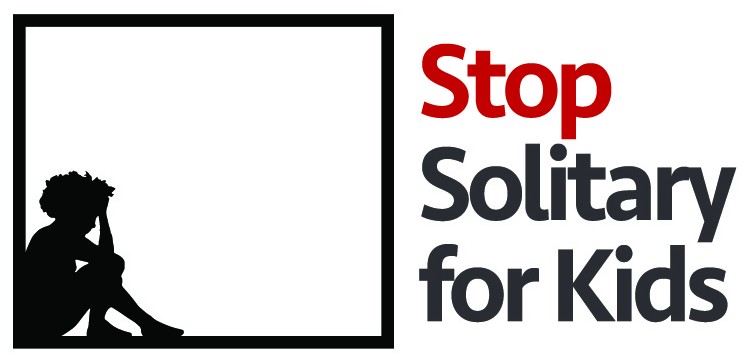US DEPARTMENT OF JUSTICE INITIATES INVESTIGATION (Oct. 2019)
In October 2019, the U.S. Department of Justice (DOJ) notified Governor Ned Lamont and other Connecticut officials that DOJ was initiating an investigation of conditions for youth under the age of 18 in DOC custody at the Manson Youth Institution (MYI), including the use of restrictive housing and access to legally required education and special education services.
- Learn more about Stop Solitary Connecticut, a state campaign to end solitary
REPORT FINDS KIDS IN SOLITARY, CALLS FOR SYSTEM OVERHAUL (Jan. 2019)
In January 2019, the Office of the Child Advocate (OCA) conducted a point time study (July 1, 2016-June 30th 2017) on the conditions of confinement of youth in the state facilities, in response to Conn. Gen. Stat. 46a-13/(12). The report, “Incarcerated/Detained Youth-An Examination of Conditions of Confinement,” outlined a number of concerning practices, particularly for youth in Department of Correction custody held at the Mason Youth Institution. These practices included the use of solitary confinement, the use of chemical agents, and the use of physical and mechanical restraints. The report also raised concerns about access to and availability of legally mandated education and special education services.
- The Office of the Child Advocate Report and Executive Summary
- Juvenile Justice Policy & Oversight Committee meeting testimony from January 17, 2019, including the report
- Coverage in Connecticut Mirror
CONNECTICUT LAW LIMITS SOLITARY FOR KIDS (July 2017)
In July 2017, Connecticut passed legislation, HB 7302, that limits the use of solitary confinement, especially for vulnerable populations, including young people. Under the bill, a “child” can be isolated only “as a temporary emergency response to a substantiated threat of imminent physical harm to correctional staff or other inmates.” Isolation may not exceed eight consecutive hours or 24 hours in a seven day period. After that time, staff must return the youth to the general population or consult with a qualified mental health professional to decide if the youth needs treatment at a mental health facility. Isolation should be used for the shortest amount of time reasonably possible and only after staff have attempted less restrictive alternatives. The law also requires staff to receive training on de-escalation and trauma and orders measures to ensure the health and well-being of staff. Connecticut statute § 46b-120 defines a child.
- Learn more about Stop Solitary Connecticut, a state campaign to end solitary
- Read testimony on HB 7302 from the ACLU and NRCAT
- Read testimony on HB 7302 from members of the public
- Hartford Courant coverage
INSIDE THE BOX
In February 2017, the ACLU of Connecticut, The National Religious Campaign Against Torture (NRCAT) and The Yale Undergraduate Prison Project laid important foundation for HB 7302 by educating legislators and the public on solitary confinement with Inside the Box. Inside the Box is a multi-faceted program operated by NRCAT to enable advocates to “experience, get educated, and become equipped to advocate.” Inside the Box was on display in three New Haven libraries and later the Connecticut state Capitol Building, where law makers were able to see and experience the true nature of solitary confinement. Inside the Box used NRCAT’s Replica Cell, a 10 x 12 replica solitary confinement cell accompanied by an audio track from an actual solitary confinement unit.
